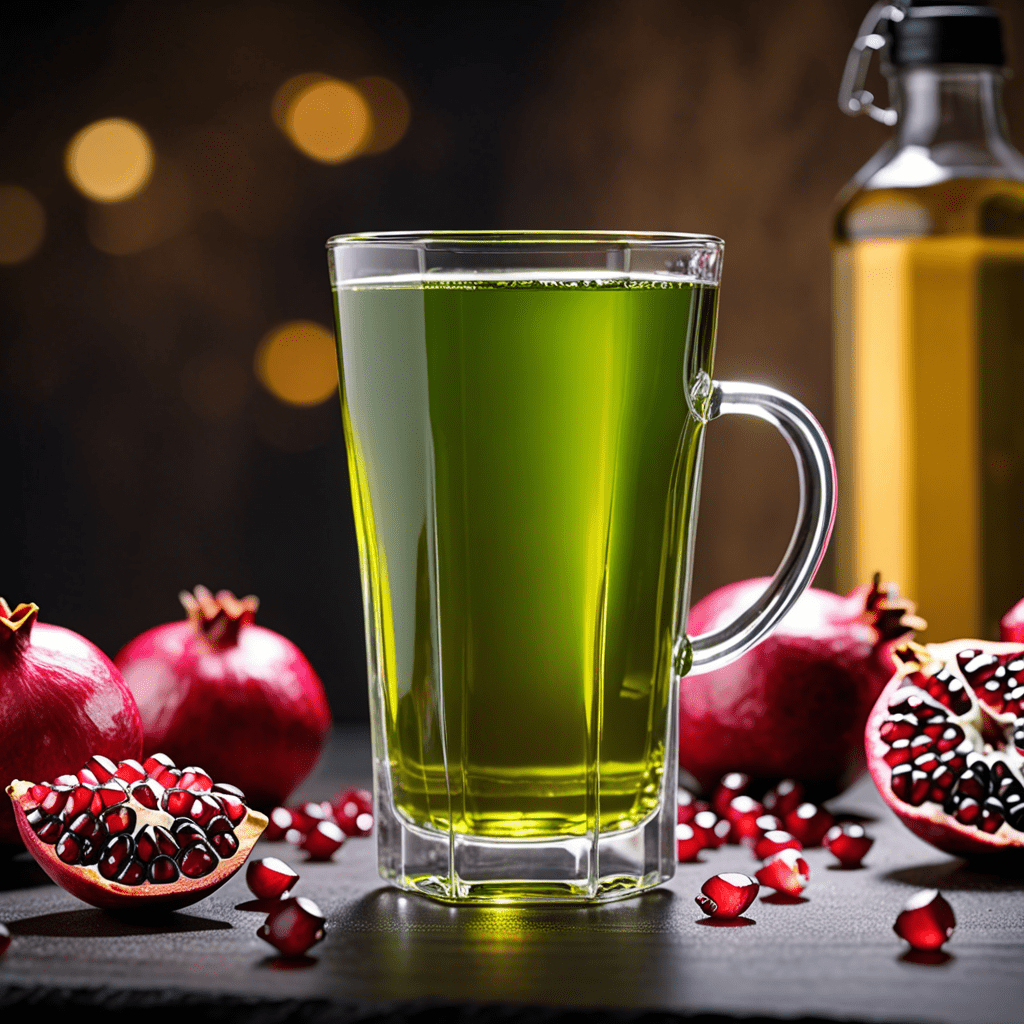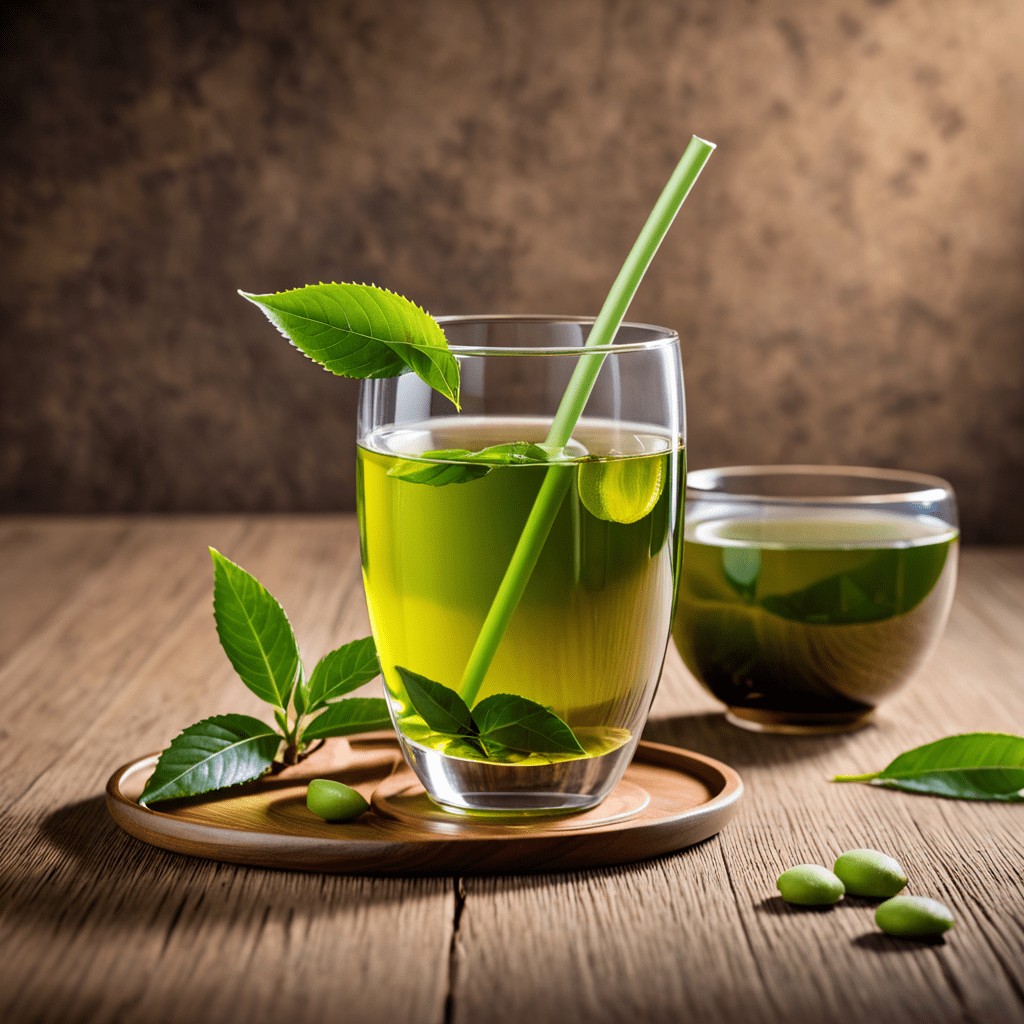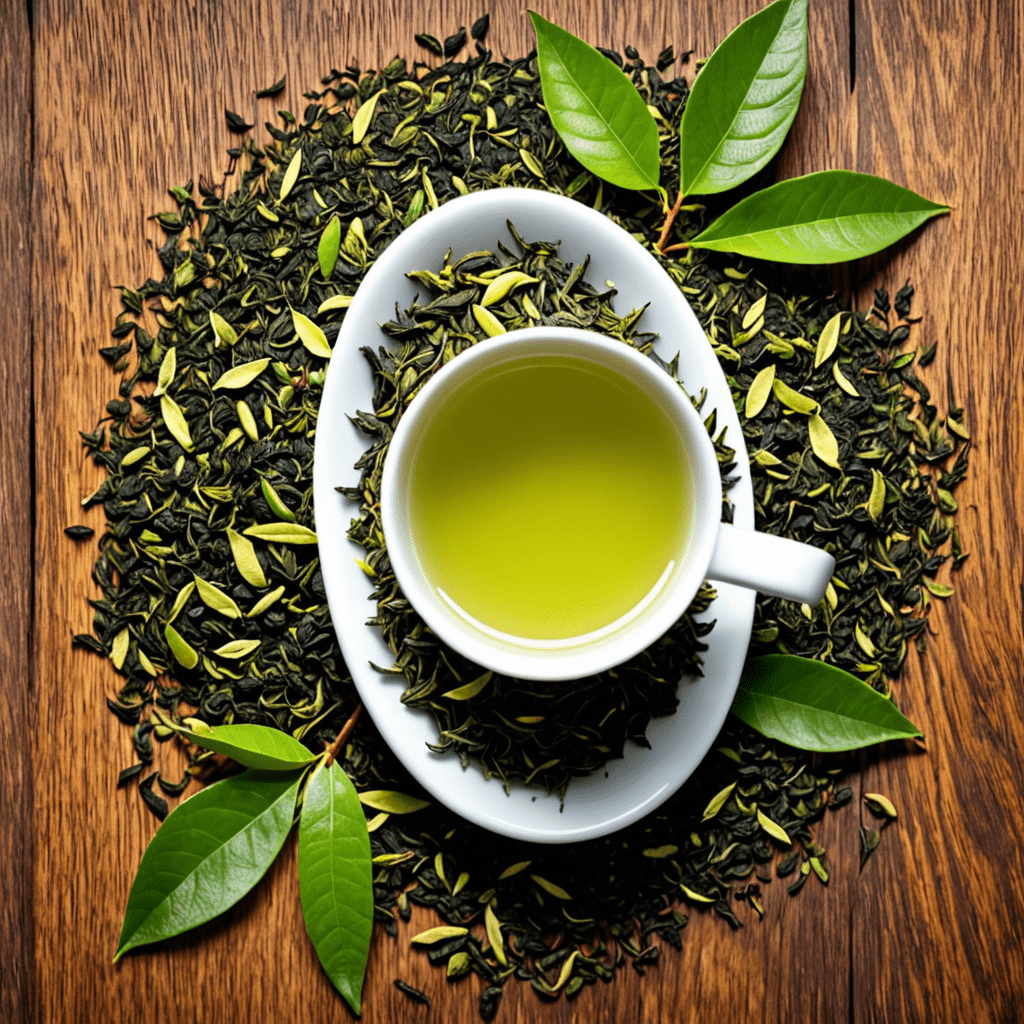1. Introduction: Embracing the Enigmatic World of Tea
Tea, an ancient beverage steeped in history and culture, has captivated the hearts of countless enthusiasts worldwide. Its allure stems from an intricate blend of flavors, aromas, and health-promoting properties. Among the vast array of teas, Ceylon tea stands out as a true gem, renowned for its distinctive taste and unparalleled quality.
2. The Unique Terroir of Ceylon: Understanding Its Distinctive Flavor Profile
Ceylon tea, originating from the lush plantations of Sri Lanka, owes its exceptional flavor to the country's unique terroir. The combination of tropical climate, abundant rainfall, and diverse topography creates an ideal environment for tea cultivation. The result is a tea rich in antioxidants and boasting a complex flavor profile with notes of citrus, spice, and malt.
3. Sensory Evaluation: Unveiling the Nuances of Ceylon Tea
To fully appreciate the nuances of Ceylon tea, one must engage in a sensory evaluation. The aroma, the color, and the taste all contribute to the overall experience. The aroma is typically characterized by floral and fruity notes, while the color ranges from a light golden yellow to a deep amber, depending on the type of tea. The taste, a symphony of flavors, reveals a delicate balance between astringency, bitterness, and sweetness.
4. Proper Brewing Techniques: Essential for Optimal Extraction
The art of tea brewing plays a crucial role in unlocking the full potential of Ceylon tea. Proper brewing techniques ensure that the desired flavors and aromas are optimally extracted. The water temperature, steeping time, and tea-to-water ratio are all factors that influence the outcome. For optimal results, use freshly drawn, filtered water and brew the tea at a temperature between 195°F and 205°F for 2-3 minutes.
5. Pairing Ceylon Tea: Enhancing the Experience with Complementary Flavors
Ceylon tea, with its versatile flavor profile, pairs well with a wide range of accompaniments. Milk or cream adds a richness and depth to the tea, while honey or sugar brings out its sweetness. Lemon or lime slices introduce a refreshing citrus note, complementing the tea's natural flavors. For a more indulgent experience, try pairing Ceylon tea with pastries, chocolates, or fruit tarts. The interplay of flavors will elevate the tea-drinking experience to new heights.
6. Health and Wellness Benefits of Ceylon Tea: Exploring Its Medicinal Qualities
Beyond its delightful taste, Ceylon tea also boasts an array of health-promoting properties. It is rich in antioxidants, which help protect cells from damage caused by free radicals. Ceylon tea has also been shown to regulate blood sugar levels, boost the immune system, and potentially reduce the risk of certain chronic diseases. Its calming effects make it a soothing beverage for promoting relaxation and improving sleep quality.
7. Cultural Traditions: Tea as an Integral Part of Sri Lankan Heritage
In Sri Lanka, tea is more than just a beverage; it is deeply ingrained in the country's culture and heritage. Tea plantations played a vital role in shaping the nation's economy and society, and tea drinking remains an essential part of daily life. Sri Lankans observe unique tea-related traditions, such as the afternoon tea ritual, where freshly brewed tea is enjoyed with sweet or savory snacks.
8. The Art of Tea Blending: Creating Bespoke Tea Creations
For those seeking a more personalized tea experience, blending different types of Ceylon tea presents a world of possibilities. Blending allows tea enthusiasts to create bespoke tea creations that cater to their individual tastes and preferences. Experimenting with different ratios of black, green, and white Ceylon teas, along with herbs and spices, can result in unique and flavorful blends that offer a captivating sensory journey.
9. Tea Tourism in Ceylon: Immersive Experiences for Tea Enthusiasts
Sri Lanka offers immersive tea tourism experiences for those eager to delve into the world of Ceylon tea. Visitors can embark on guided tours of picturesque tea plantations, witnessing firsthand the cultivation and harvesting processes. Tea factories provide a glimpse into the production and blending techniques, while tea-tasting sessions invite visitors to savor the diverse flavors of Ceylon tea.
10. Ethical and Sustainable Tea Cultivation: Ensuring the Future of Ceylon Tea
Ethical and sustainable tea cultivation practices are essential for preserving the legacy of Ceylon tea. Sustainable farming methods safeguard the environment, protect biodiversity, and support the well-being of tea plantation workers. Certifications such as Fairtrade and Rainforest Alliance help consumers identify teas produced with ethical and environmentally responsible practices, ensuring the future of Ceylon tea as a symbol of quality and sustainability.
FAQs
What is the difference between Ceylon tea and other black teas?
Ceylon tea is grown in the unique environment of Sri Lanka, imparting a distinct flavor profile rich in antioxidants and notes of citrus, spice, and malt.How do I store Ceylon tea properly to maintain its freshness?
Store Ceylon tea in an airtight container in a cool, dry place away from direct sunlight and moisture to preserve its flavor and aroma.Can I enjoy Ceylon tea iced?
Yes, Ceylon tea can be enjoyed both hot and iced. Brew a stronger batch of tea and pour it over ice to savor its refreshing taste on a warm day.
- What are some recommended tea pairings for Ceylon tea?
Ceylon tea pairs well with milk or cream for a richer flavor, honey or sugar for sweetness, or lemon or lime slices for a refreshing citrus note.


